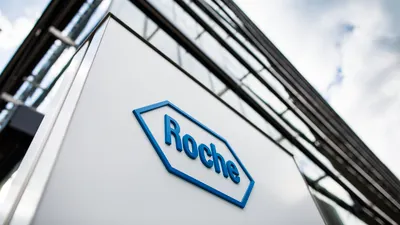Roche's Tiragolumab Fails in Phase 3 Test, Poses Questions on TIGIT Strategy

Roche's tiragolumab, a cancer immunotherapy targeting the TIGIT protein, faced setbacks as it failed to achieve its primary goal in the pivotal Phase 3 SKYSCRAPER-01 trial. The study, which evaluated the combination of tiragolumab with Roche's Tecentriq in patients with high PD-L1 non-small cell lung cancer (NSCLC), did not extend the survival of participants[1][2]. Despite earlier interim data that hinted at potential benefits, the final results disappointed, without statistically significant improvement in overall survival[2]. Roche remains dedicated to evaluating its TIGIT strategy through ongoing and future studies, despite this setback, while also pursuing new avenues like a $1.5 billion acquisition to enhance its oncology portfolio with CAR-T cell therapies[1][2].
References
Explore Further
What are Roche's next steps in evaluating tiragolumab's potential in other cancer settings despite its recent trial failure?
How does Roche's $1.5 billion acquisition of Poseida Therapeutics reflect on its strategic shift in oncology research?
What are the industry-wide implications of Roche's recent setback with the TIGIT-targeting tiragolumab, and how are other companies responding?
Given the results of the SKYSCRAPER-01 trial, what are the statistical challenges Roche faces in finding new endpoints for tiragolumab studies?
How might Roche address the safety and efficacy concerns in future TIGIT inhibitor trials to avoid similar outcomes?